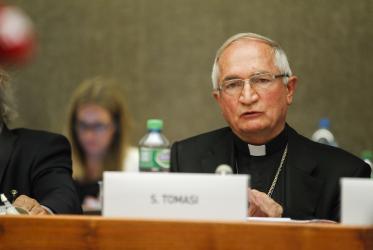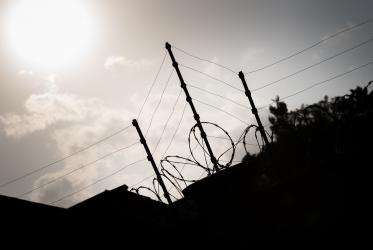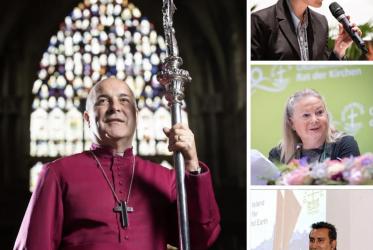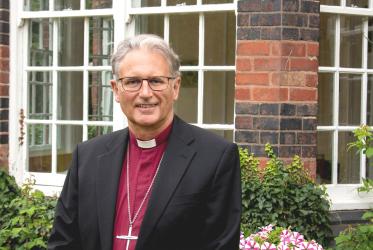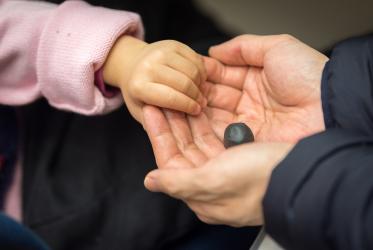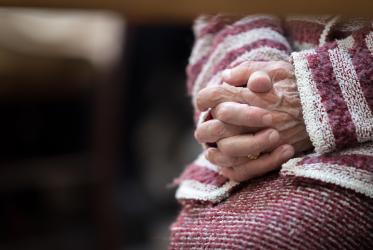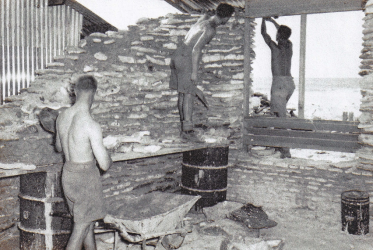Displaying 41 - 60 of 312
WCC offers prayer during Japanese peace conference
11 March 2021
Webcast strives to describe path to a nuclear weapons-free world
28 January 2021
“Coventry Cathedral continues to speak a word of hope to the world”
10 December 2020
